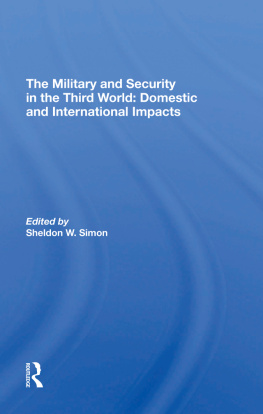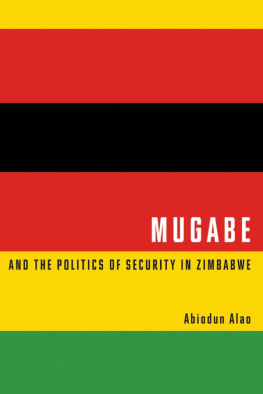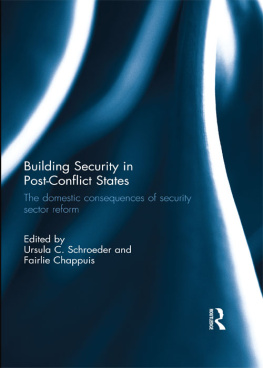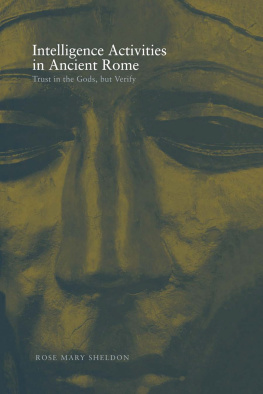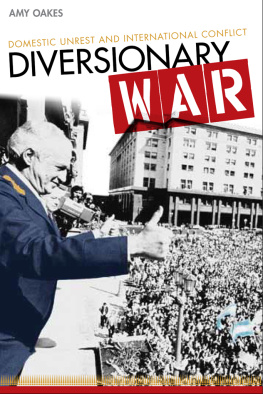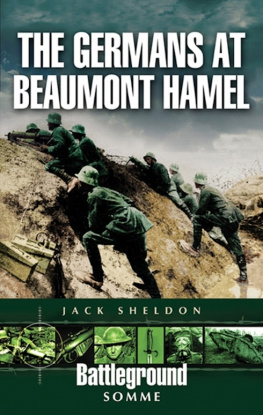The Military and Security in the Third World: Domestic and International Impacts
The Military and Security in the Third World: Domestic and International Impacts
edited by Sheldon W. Simon
This book explores two of the most important dimensions of the military as an institution in Third World politics: its role in domestic power structures and internal development, and its impact on the formation and execution of the security aspects of foreign policy. These internal and external orientations are compared here across selected Third World countries in Asia, Africa, and Latin America. The authors are area experts and specialists in comparative and international politics.
the contributors examine the role of military force in the Third World through a general empirical treatment of military behavior in developing countries; an assessment of the security policieswith emphasis on their military componentsof several Middle Eastern and Asian states; and an evaluation of the U.S. experience in supporting anticommunist Third World security efforts.
Sheldon W. Simon is professor and chairman, Department of Political Science, at Arizona State University. He is author of three books and numerous articles on Asian international politics and security affairs.
First published 1978 by Westview Press
Published 2019 by Routledge
52 Vanderbilt Avenue, New York, NY 10017
2 Park Square, Milton Park, Abingdon, Oxon OX14 4RN
Routledge is an imprint of the Taylor & Francis Group, an informa business
Copyright 1978 by Taylor & Francis
All rights reserved. No part of this book may be reprinted or reproduced or utilised in any form or by any electronic, mechanical, or other means, now known or hereafter invented, including photocopying and recording, or in any information storage or retrieval system, without permission in writing from the publishers.
Notice:
Product or corporate names may be trademarks or registered trademarks, and are used only for identification and explanation without intent to infringe.
Library of Congress Catalog Card Number: 77-29133
ISBN 13: 978-0-367-29402-1 (hbk)
Sheldon W. Simon
Much of the conventional wisdom concerning military behavior in the Third World holds that military regimes indulge in more oppressive domestic politics and more belligerent foreign policies than do their civilian counterparts. The rationale for this position emerges from the belief that the military as an institution is better organized to operate through a vertical command-and-control approach to public life than through the more horizontal give-and-take of civilian parliamentary politics. Moreover, because military governments tend to be authoritarian, their popular legitimacy is weak. To compensate, they engage in adventurist and xenophobic foreign policies designed to create a sense of national solidarity. Conventional wisdom goes on to argue that military governments skew developmental expenditures toward heavy industry to provide better and more sophisticated means of coercion, while at best neglecting the rural populace or, more likely, exploiting peasant production for military growth.
The contributors to this volume take a hard look at this conventional wisdom through case studies of military regimes in several Third World locations. Military preferences and political styles are compared with civilian elites in terms of governance, development policies, and external security concerns. Cross-national aggregate comparisons are also made to determine whether, in fact, military regimes are more belligerent and authoritarian than civilian-led Third World governments.
The book is composed of original essays by area experts and specialists in comparative and international politics as well as intercuhural communication. from communist (Cuba) through business-oriented (Indonesia and the Philippines) states are examined, permitting the reader to discern whether and to what degree military similarities persist despite differences in regime type.
Professor Sarkesian's opening essay sets the stage for a major theme explored by many of the authors: to what extent are military and civilian regimes distinct in developing countries? Sarkesian argues that the dichotomy is false and that a more fruitful examination of Third World politics should focus on the varying mixes of civilian and military elites required to run any Third World government. He explores Third World political processes as an exercise in shifting civilian-military coalitions and examines the conditions that precipitate coalition changes. In the following chapter, Professor Sarkesian looks closely at African military regimes over a ten-year period, demonstrating the kinds of civilian-military mixes prevailing on that continent. He pays particular attention to the manner in which political stability is related to the military's role, economic growth, and civilian participation.
Professor Garca addresses the issue of military factions in Latin America and finds that the degree of factionalism is positively associated with the occurrence of coups, the structure and policies of military governments following coups, and the longevity of these governments. Like Sarkesian, Garca finds that governance in Latin America is best understood as a civilian-military mix.
Raymond Duncan takes a somewhat different focus. Concerned about how the Cuban government utilizes its military establishment, he explores the way in which the military serves as a model for the inculcation of both national identity and modal personality. He finds that the Cuban government's use of the military as a model institution serves several functions, including the legitimation of the regime to the population, the establishment of appropriate (military-led) ways to change Cuban society, and an acceptance of regime-directed development as a primary political task.
activities. Neither seemed concerned about factionalism within their own organizations as a serious problem, nor did they devote much attention to relations with civilian leaders. The Maynard interviews reinforce the findings of other scholars that Third World militaries are trained more for domestic security and management than for external attack or defense.
turns to the military and security aspects of Third World foreign policies. Stephen Walker introduces this section of the volume with an exploratory empirical-theoretical chapter assessing several different explanatory hypotheses about international military conflict as applied to Third World data. He examines and relates regime types, level of civil strife, and regional position to such military variables as weapons acquisitions, offensive and defensive armaments, and international conflict behavior. Walker's findings refine our knowledge of the applicability of both the "garrison state" and "military mind" hypotheses to the Third World.
In an essay using historical materials, Dale Tahtinen demonstrates the continuity of the importance of military institutions and methods of dispute settlement in the Middle East. He shows the symbiotic relationships between an evangelical Islam and military-based empires. Turning to more contemporary affairs, he views Middle Eastern militaries as channels for upwardly mobile individuals and as a more progressive alternative to the traditional monarchies many have replaced. He relates the regional arms race to the heavy influence of military establishments on the governments of all Middle Eastern actors.


